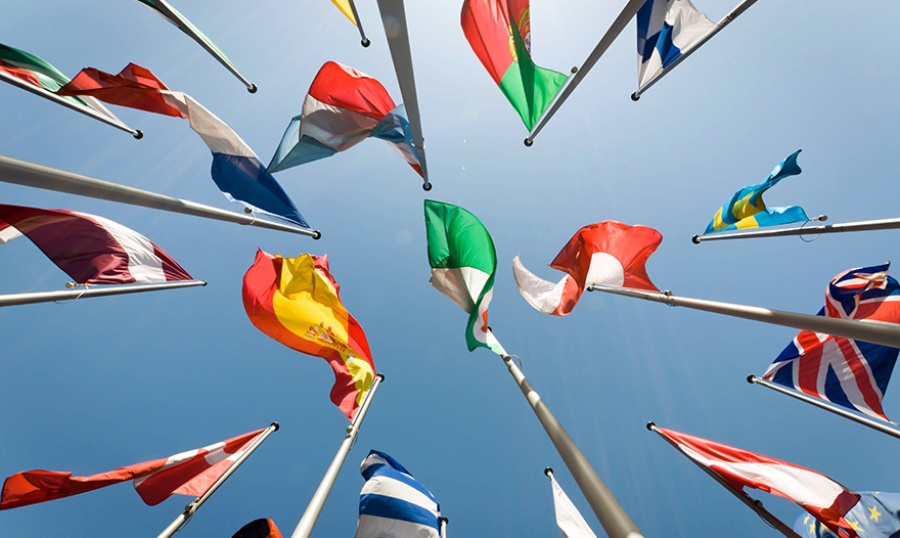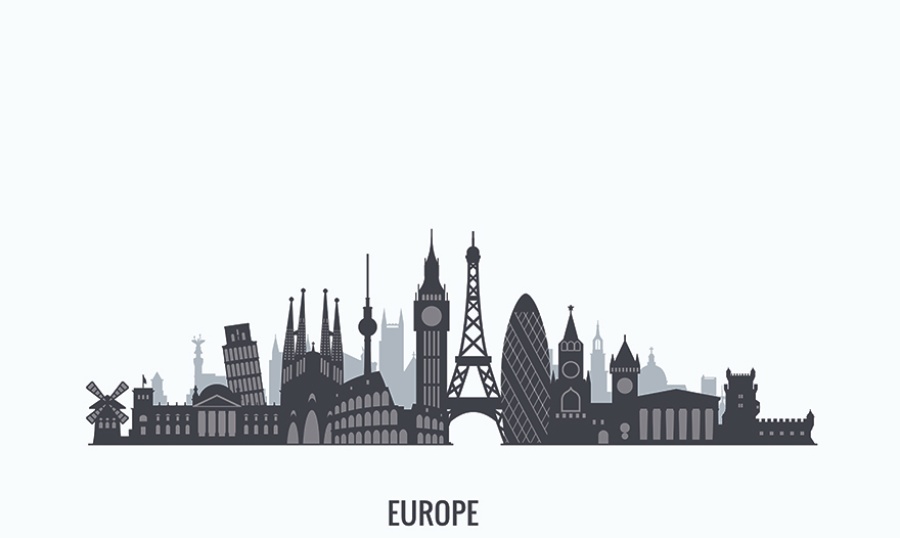
Although franchising is mistakenly thought to be a twentieth century innovation, the concept had its first beginnings in the European feudal systems of the middle ages. When landowners began granting rights to peasants to use land in exchange for a fee and part of the profits, they were actually practicing a system that would evolve into franchising.
The franchise concept was further refined in the nineteenth century when German brewers allowed pubs to use the brewer’s name to sell beer. The word “franchise” is of French origin, and basically means “a right or privilege.” A franchisee is granted the right or privilege to use the franchisor’s system, products and trademark.
The popular form of franchising we are familiar with today came into being in the 1950s, and was known as the “Business Format Franchise.” It became an acknowledged business method that reduced risk and allowed the franchising company to grow quickly, and enabled the franchisee to buy a business based on a proven system.
One of the first well-known modern franchises introduced in the UK in the 1950s was the hamburger chain Wimpy. Many American franchises also got their European starts in the UK simply because of the common language. ServiceMaster, a Chicago-based upholstery and carpet cleaning franchise, sold a Master Franchise Licence for Europe in 1958. Two other franchises, Mr Softee and Lyons Maids, were also introduced in Europe during the 1950s. Although franchising took off in the 50s, the trend slowed in Europe during the next decade due to economic pressures and pyramid scheme allegations that tarnished the image of franchising.
KFC opened its first overseas unit in the UK in 1964. During the 1970s, several big-name franchises, such as McDonalds, began opening stores in Europe. It was during the latter 1980s and early 90s that franchises really grew widespread in Europe. Companies such as The Body Shop, McDonalds, Tie Rack, Jani-King, Dominos, and Burger King all opened multiple franchise units in different countries across the continent.
In the 21st century, franchising has become an important part of many European economies. For instance, in the UK, the franchise industry grew twice as fast as the overall economy in 2006; and increased by 44 percent over the past decade, accounting for about ₤10.8 billion annually in sales. In 2014, after going through recession in 2008, the overall contribution of franchising to the UK economy is £13.7 billion, 2.4% increase from last year.
The International Franchise Association currently cites Western Europe as one of the best places for international franchise development. And the world’s largest franchise agrees – Europe now produces more revenues for McDonalds than any other region, including the US. The hamburger chain sales increased in 2014 by 2% for the EU, replacing once again the US as the largest source of income. The sales have also increased 5.4% in the APMEA regions (Asia-Pacific, Middle East and Africa).

The franchise industry in the European Union has tremendous growth possibilities. With over 500 million consumers in 28 nations, many franchisor companies worldwide, especially U.S. businesses, are eager to expand franchise units into Europe.
Consumers naturally think of American brands when it comes to franchising – and for good reason since many popular brands, such as Burger King and McDonalds, still dominate as leading franchises. But one look at the current Top 500 Franchises in Europe indicates that even though American brands are still hugely popular, many franchises originating in European countries have also become big names across the continent and beyond.
Some of the most successful European franchises include:
- Spar, a franchised Convenience store founded in the Netherlands in 1932, it has over 12,300 franchised stores.
- Bata, a footwear retailer from the Czech Republic. Since its beginnings in 1939, now has 1,200 shops.
- Benetton, a fashion retail store offers Italian fashion for men, women and children. Its network expands to over 6,000 franchised stores worldwide.
- Etam, a high street brand that retails clothing and lingerie. The first franchise opened in 1925 and today there are 4,200 stores.
European franchises that are expanding internationally naturally tend to spread into bordering countries. Because the UK and Scandinavian countries have long established commercial alliances, the export of and establishment of franchise brands among these countries is a natural outcome. Most other non-European or US brands operating in the EU come from Canada or Australia.
Though many leading franchises are in the food industry, European franchising is proving to be as diverse as consumer demand, with many businesses catering to home services, automotive repair, lodging, retail merchandise, education, travel, dry cleaning, construction and many other industries.
Both European and non-European franchisors about to launch new operations in EU countries commonly use these methods:
- Through direct franchising
- Setting up a subsidiary or joint venture
- Master franchise licence or area developer
The Master Licence grants an individual to sell franchisee rights within a fixed territory, such as an entire country. The Master Licencee in effect becomes the franchisor for that country and sells franchise licences. An Area Developer actually runs franchise units rather than sells licences in an assigned territory; and must have substantial resources to invest, backed by business experience.
One new and increasingly used practice in international franchise development are 'test periods' of one or two years, during which time the franchisee operates as an Area Developer and must meet minimum unit openings and operation before advancing to a Master licence.














